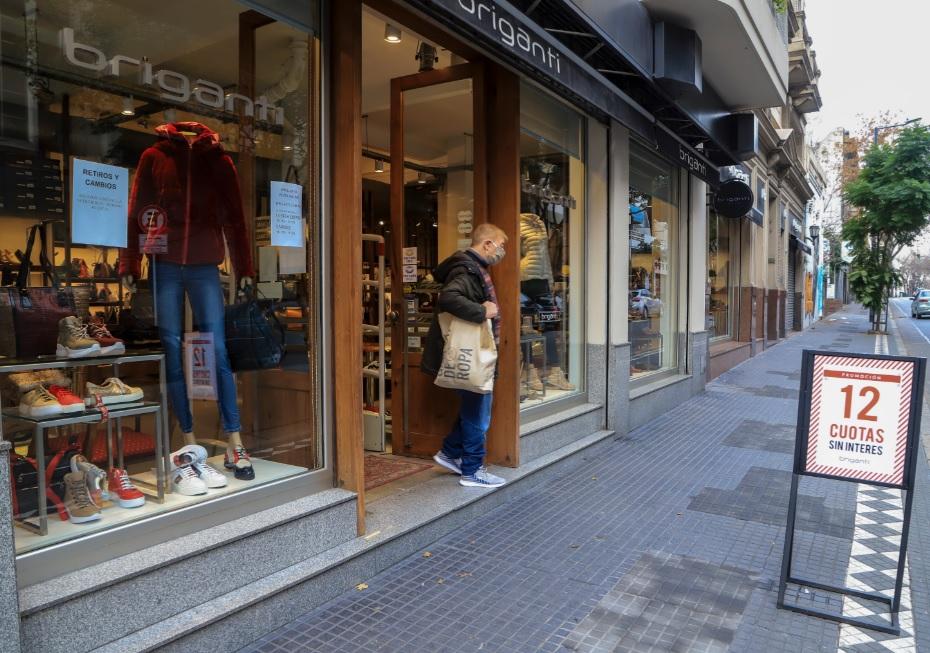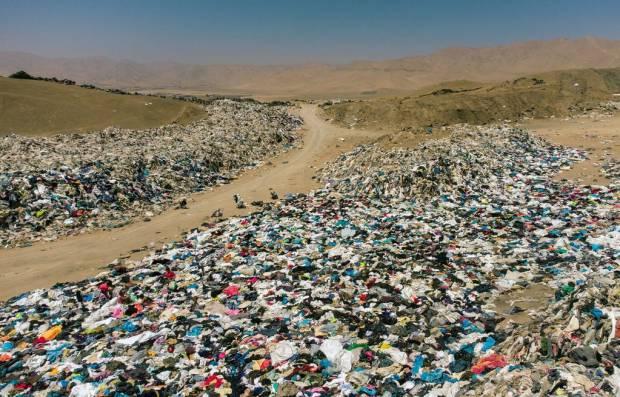Getting dressed in Argentina has become an odyssey in recent years. Shoes, sneakers, jeans, shirts and dresses are costing more and more money and textile businessmen, repeatedly pointed out by the Government as responsible for the increases, published a report in which they try to explain why clothing is so expensive in the country.
According to the National Institute of Statistics and Censuses (Indec) , the item "Clothing and footwear" rose 4.1% in November and accumulates 57.1% in the first eleven months of 2021. Meanwhile, the year-on-year inflation of the clothing amounted to 62.8%.
Weddings are back and more and more people rent clothes: businesses already invoice thousands of pesos
The 3 ways to save in an economy with skyrocketing inflation

All this while the general consumer price index marked 2.5% monthly in November, 45.4% accumulated and year-on-year inflation of 51.2%, respectively.
The justification
Through the ProTejer Foundation , the textile sector blamed the price increases in clothing on the increases in raw materials worldwide, international freight , the exchange rate, bottlenecks in clothing and the lag in production. recovery of domestic consumption.
The businessmen pointed out, for example, that "many observe the price of premium brand clothing", they stressed that " a brand jean is not expensive in relation to the world " and they wondered if the prices are expensive or the income is low.
They also recalled that the prices of clothing were below the Consumer Price Index (CPI) from -at least- December 2016 to March 2021, and that as of April of this year they began to recompose margins of profitability .
Pointed out by a part of society and some politicians who criticize textile industrial protection and ask for imports to be released to lower prices, the ProTejer Foundation defended itself: "We do not consider it correct to attribute false responsibility to the problem. Ideological prejudices and arguments anachronists who tirelessly beat up the banner industry, do nothing but collaborate in what Ha Joon Chan has called ' kicking the ladder '".
"Bringing into question the policies that led the world powers to development and supporting liberal models that have destroyed entire value chains, leading thousands of families to unemployment and poverty, condemn countries to remain underdeveloped " , completed the textile entrepreneurs.
the full report


